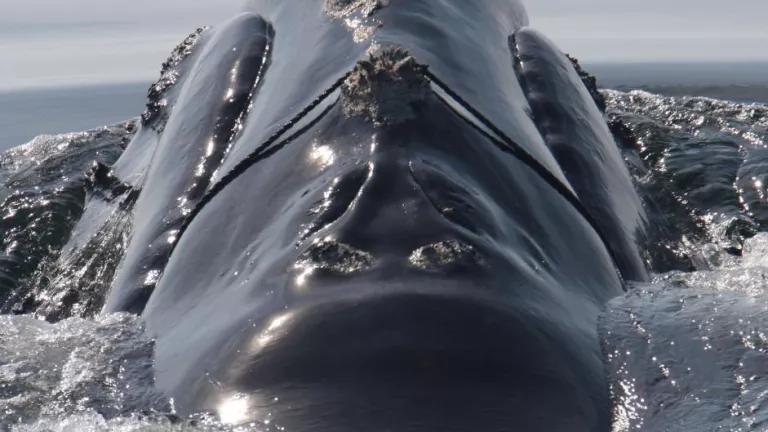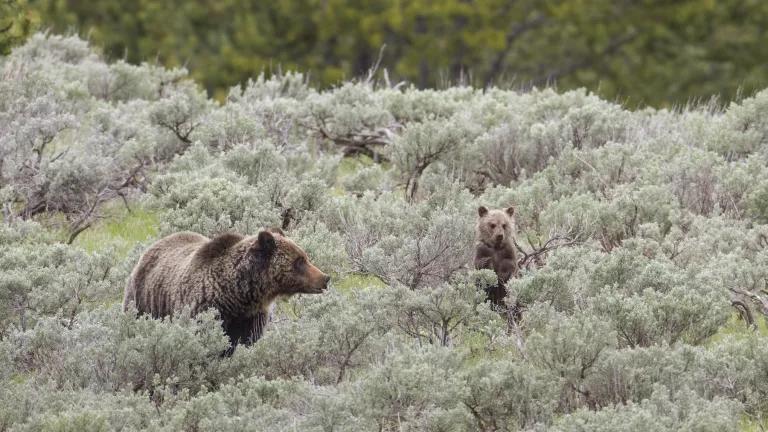
After 40 years, the U.S. is finally moving to ban imports of fish and fish products from countries that do not meet U.S. standards for protecting whales, dolphins, and other marine mammals. It's about time! Each year, more than 650,000 of these magnificent animals are caught or seriously injured in fishing gear around the world. Entangled in nets, wrapped in fishing lines, or snagged on fishing hooks, these animals either drown or are hauled up and then tossed back overboard—often with life-threatening injuries—as unwanted “bycatch.” Since 1973, the Marine Mammal Protection Act has required that countries exporting fish to the lucrative U.S. market demonstrate that their fisheries are meeting U.S. standards for protecting dolphins and whales. After petitions, letter-writing, in-person meetings, and litigation, the U.S. government is finally putting in place regulations to implement the law, which will save tens of thousands of whales, dolphins, and other marine mammals from needless death.
As NRDC showed in its report, Net Loss: The Killing of Marine Mammals in Foreign Fisheries, numerous marine mammal populations are threatened by fishing gear, including the Gulf of California’s critically imperiled vaquita, the endangered North Atlantic right whale, spinner dolphins in the Indian Ocean, sperm whales in the Mediterranean, and false killer whales off of Hawaii. Too many foreign commercial fishing fleets operate without any whale protection protocols. Some fleets fail to even document how many endangered animals are caught. For marine mammal populations, the problem is truly global, with at least 75 percent of all toothed whales species (like dolphins and porpoises), nearly 65 percent of baleen whale species (like humpback and right whales), and more than 65 percent of pinniped species (like sea lions) suffering from gillnet bycatch over the past 20 years.
While not perfect, U.S. fishermen are required to take steps to protect marine mammals by modifying their fishing gear or avoiding marine mammal hot-spots. Now, similar steps must be taken by foreign fleets seeking to sell their fish in the United States.
For too long, American consumers have probably assumed that the seafood they eat in restaurants or grab in a store meets U.S. standards for protecting whales and dolphins. Surely it's not just tuna that is dolphin safe, right? Wrong! But when this rule is fully implemented, we're on a path to getting there. A path great for whales, dolphins, and Americans who don't want to eat seafood that needlessly kills marine mammals.




